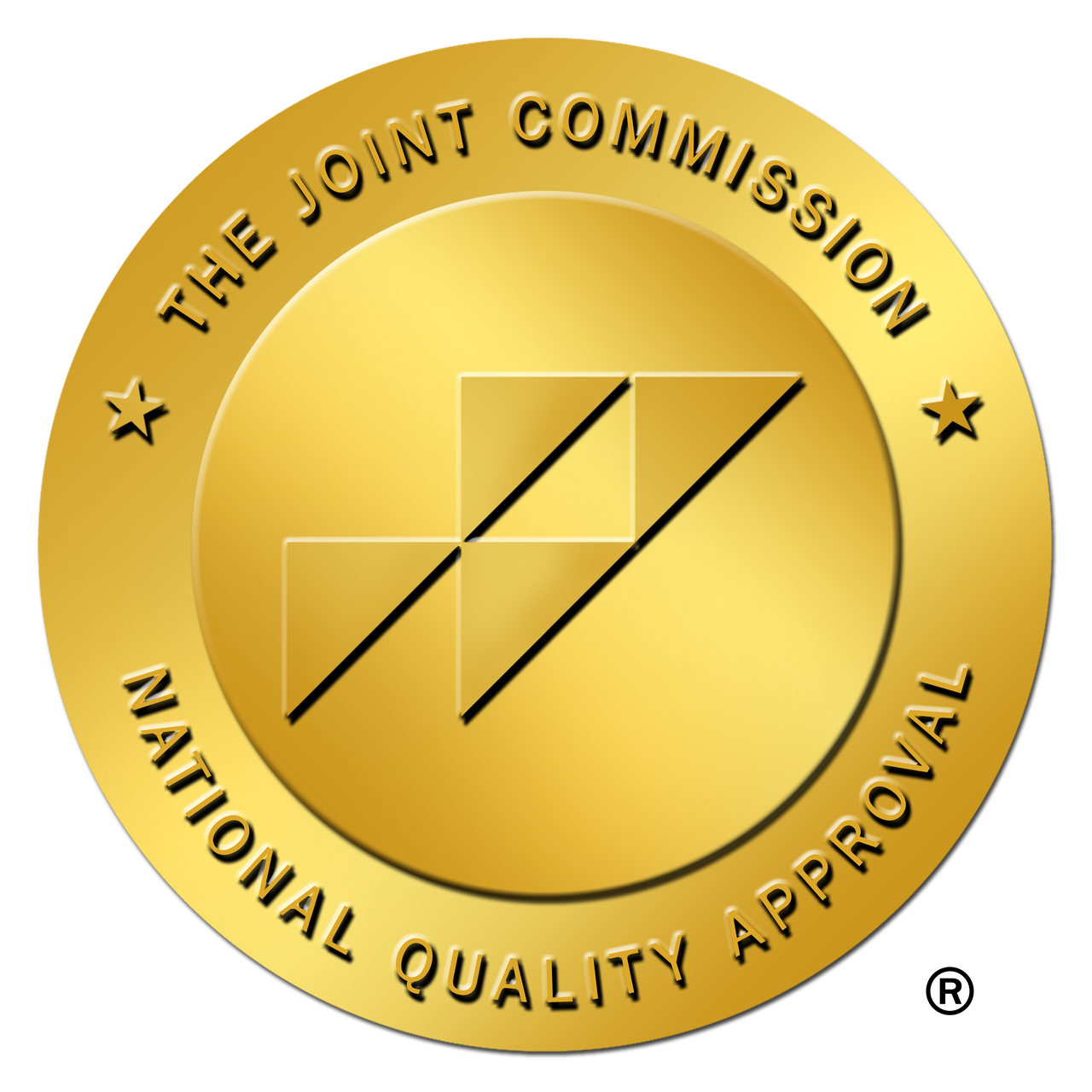
Evidence-based treatment is a term you may have encountered while researching your options for inpatient drug treatment in Maryland. While the treatment's name provides a clue, the details of what it is generally go lost or unexplained to those who want to learn about it the most.
This article will explain everything you need to know about evidence-based drug treatment.
According to research and scientific testing methodologies, evidence-based rehab treatment uses a combination of different therapies and methods that have been successful for addiction recovery. This treatment was developed in the 1980s but didn’t gain popularity until the 1990s. It’s based on evidence from scientific research across many fields, like mental health and substance addiction treatment.
Evidence-based treatment integrates the following into its practices:
Evidence-based drug treatment is used to address a variety of disorders, like post-traumatic stress disorder (PTSD), anxiety, depression, drug or alcohol addiction, and other mental health and addiction disorders. Treatment can be short-term and run for a specified number of sessions or weeks, although most patients find the most success with programs that last for 90 days or longer.
Treatments can be done with individuals, families, or groups, depending on the type of therapy needed and the recovery model. After treatment, patients can continue to use the techniques learned during therapy at home.
The most common evidence-based treatment therapies are the following:
Most evidence-based treatments require extensive training to execute and implement specific interventions using different steps and tools. This training allows therapists to guide interventions systematically.
Recovery models vary, though many include the same components. Most models are designed to equip patients with the necessary skills to manage their wellness over time.
Here are the standard components of evidence-based rehab models:
Want to learn more about our services? Feel free to contact us for more information using the contact page, or email us at info@thevalleymd.com or call us at (301) 355-7455. We look forward to hearing from you
 ® The Valley®
® The Valley®



